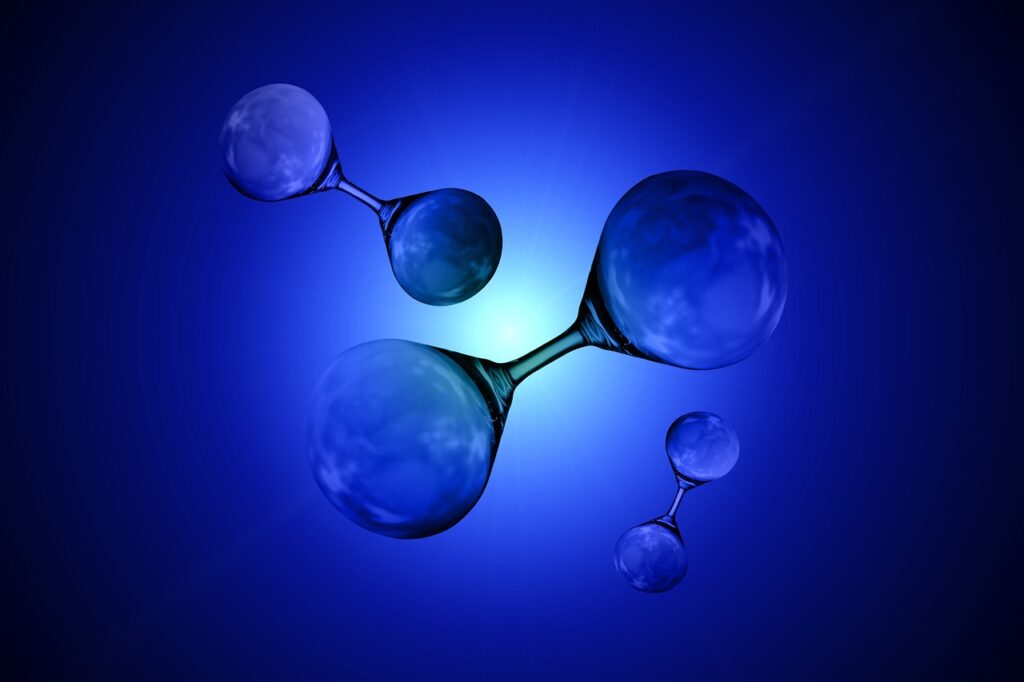In response to ArcelorMittal’s recent announcement regarding the delay of its steel decarbonization plans in Europe, climate campaigners have expressed skepticism about the company’s motives.
On Tuesday, ArcelorMittal revealed that financial investment decisions are currently on hold for hydrogen-based Direct Reduced Iron (DRI) plants across all four European countries where such projects were anticipated. This decision follows a series of delays throughout 2024, despite the company receiving billions in public subsidies.
Caroline Ashley, Executive Director of the climate campaign organization SteelWatch, summarized their assessment, stating, “Feasibility has got harder, current market conditions are tough, but these are not good enough reasons to stall on investment in a future-fit industry.” She highlighted that the delays may also be driven by political maneuvering with the incoming European Commission and a lack of genuine commitment to climate action.
SteelWatch identifies two understandable yet insufficient reasons for the pause in investment: the increasing difficulty of implementing H2-DRI in Europe due to slow green hydrogen infrastructure development and the current struggles within the steel industry, characterized by excess supply and squeezed margins. However, they argue that these challenges should not justify halting investments critical for achieving decarbonization goals by 2030.
The organization also outlines three cynical reasons behind the delay. Firstly, they suggest that ArcelorMittal is engaging in political gamesmanship with EU governments to secure more favorable subsidies. Secondly, they express doubt about the company’s genuine intent to follow through on its initial promises regarding hydrogen projects. Lastly, they contend that ArcelorMittal treats decarbonization as optional rather than essential, despite its significant emissions footprint.
SteelWatch calls for both governments and ArcelorMittal to take responsibility for overpromising and underdelivering on climate commitments. They urge European governments to adopt a “more for more” approach in policy support, ensuring robust decarbonization pathways and honest discussions about financing sustainable steel production.
ArcelorMittal’s reliance on coal-based blast furnaces raises concerns about its ability to meet emissions intensity targets without urgent action towards phasing out these practices in favor of green iron production. The company operates globally with iron and steel production facilities in 19 countries and has secured substantial subsidies aimed at transforming its coal-based plants into more sustainable operations.
